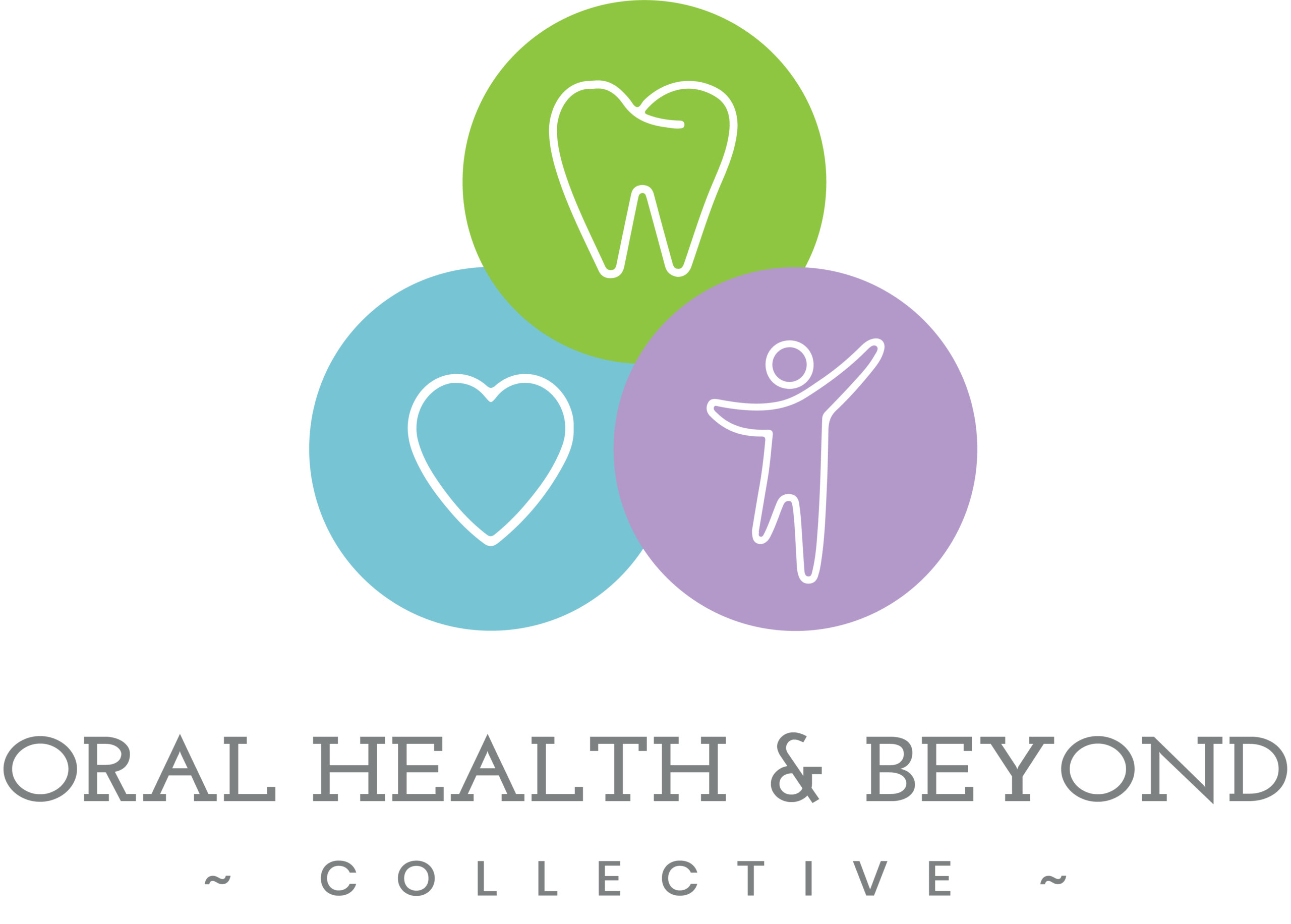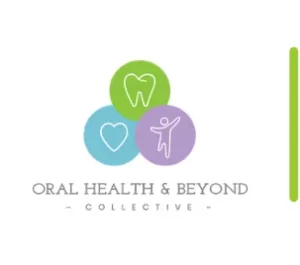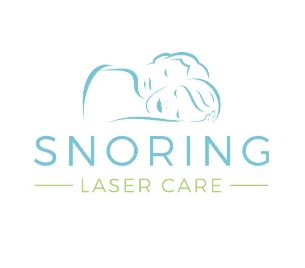
Oral health for Mums in May
Oral health gets a female focus
For a woman, each of the different phases of life has a significant impact on the body. Puberty, pregnancy, motherhood and menopause bring many hormonal, mental and physical changes that you probably know all too well about. But did you know that your teeth and gums also undergo changes during these key stages of your life?
What aspects of oral health awareness apply specifically to women?
At certain times of your life, particular issues can develop that can negatively impact on your oral health.
These include:
• Puberty gingivitis. The production of extra hormones causes more blood to flow to the gums, increasing their sensitivity and potentially causing swelling and bleeding
• Pregnancy changes. It’s no surprise to learn that during this time of enormous transformation, a woman’s oral health can be affected by a number of related issues – gingivitis, ‘pregnancy tumors’ (harmless red, lumpy lesions on the gums), acidic damage to teeth resulting from morning sickness, and a dry mouth
• Menopausal effects, such as inflamed gums, altered taste sensations, and a dry mouth. Osteoporosis can also cause the jawbone to recede, leading to gum shrinkage and possibly tooth loss.
How can I prevent problems developing?
Good preventative habits are beneficial throughout your life, so brushing twice a day and flossing once a day is always recommended. Eating healthily and drinking lots of water will also go a long way to keeping any problems at bay, as will having a professional exam and clean twice a year.
If you are unfortunate enough to suffer from morning sickness during pregnancy, try to avoid brushing your teeth immediately after being sick – this can cause more damage to the teeth by stripping away their protective enamel. Instead, try rinsing your mouth with a quarter of a teaspoon of baking soda dissolved in warm water, chewing sugar-free gum, or drinking milk.
Oral contraceptives can cause gingivitis in some patients, and HRT medication can also have an impact, so do tell your dentist if you are taking either of these.
What are my treatment options?
Your dentist is highly skilled and experienced in managing, treating and preventing a wide range of oral health issues, including all those experienced specifically by women. He or she will always discuss available treatment options with you, so that together you can choose the path that’s right for you.
To learn more about how your teeth and gums change through the years, why not download our handy guide to Women’s Oral Health?






